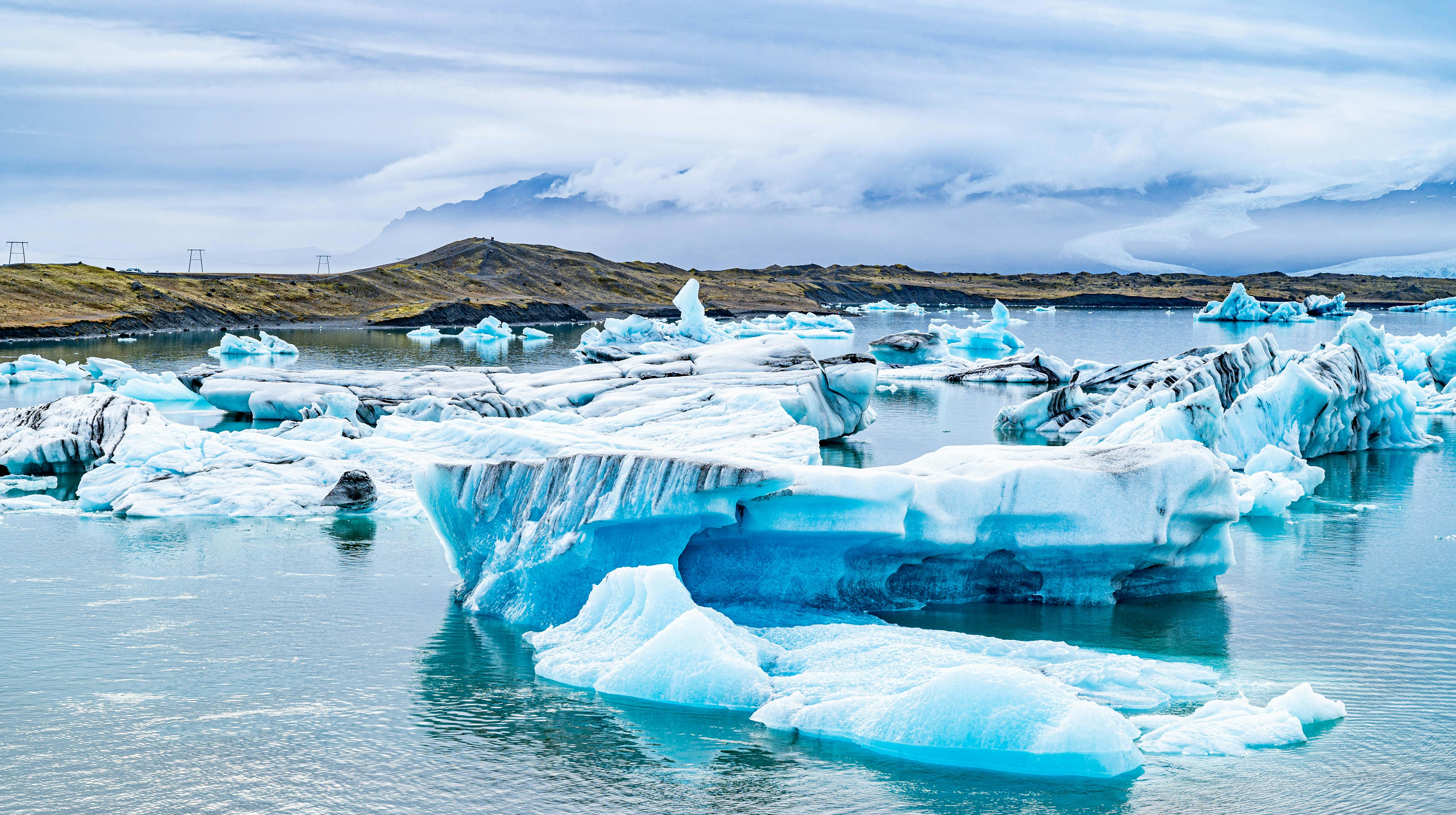“The government of Iceland has officially classified the potential collapse of the Atlantic Meridional Overturning Circulation (AMOC) as a threat to national security and the existence of the nation.”, — write: www.pravda.com.ua
 Photo: David Stanfield/pexels.com
Photo: David Stanfield/pexels.com Source: Reuters
Details: Iceland’s climate minister, Jóhann Pall Jóhannsson, said the potential shutdown of a major current system in the Atlantic Ocean is a “direct threat to national stability and security.”
Advertising:
“This is the first time that a specific climate phenomenon has been officially brought before the National Security Council as a potential existential threat,” Johannsson said.
According to him, raising the status of this problem means that all relevant ministries in Iceland will be put on high alert to coordinate relevant measures. The government has already begun assessing the necessary further research and policy steps, and is actively working on an emergency preparedness policy. Risks are assessed in key areas: from energy and food security to the state of infrastructure and international transport.
The AMOC is a complex system of ocean currents that plays a key role in regulating the climate of the Northern Hemisphere. It transports warm water from tropical latitudes north to the Arctic, which ensures much milder winters in Europe than they would have been without this influence.
However, scientists warn that global warming is accelerating the melting of Arctic ice and the Greenland ice sheet. The influx of large volumes of cold fresh water into the ocean can disrupt or even completely stop the circulation. Historical evidence suggests that the AMOC has already collapsed in the past, particularly before the last ice age, which ended about 12,000 years ago.
The consequences of a potential AMOC collapse could be catastrophic. This could trigger a new ice age for northern Europe, where average winter temperatures will drop to extremes, leading to a significant increase in snow and ice cover. However, the impact will not be limited to this region. Stopping the flow could destabilize long-term rainfall patterns on which agriculture in Africa, India and South America depends, scientists say. It could also accelerate warming in Antarctica, where sea ice and ice sheets are already threatened by climate change.
The international scientific community is concerned that the world is underestimating the risk that AMOC collapse may become inevitable in the coming decades. In October, the Nordic Council of Ministers organized the “Nordic Tipping Week” seminar, where 60 experts assessed the potential impact of this phenomenon on society. According to oceanographer Stefan Ramstorff of the Potsdam Institute for Climate Impact Research, time to prepare is running out as the point of no return may be near.
Jóhannsson emphasized that Iceland cannot afford to wait for the final results of long-term studies before acting.
“Extreme weather conditions can seriously affect our ability to support agriculture and fisheries, which are the backbone of our economy and food system,” he said.
